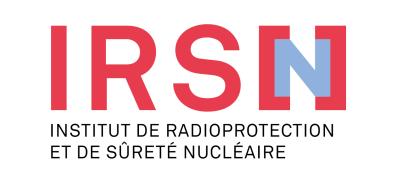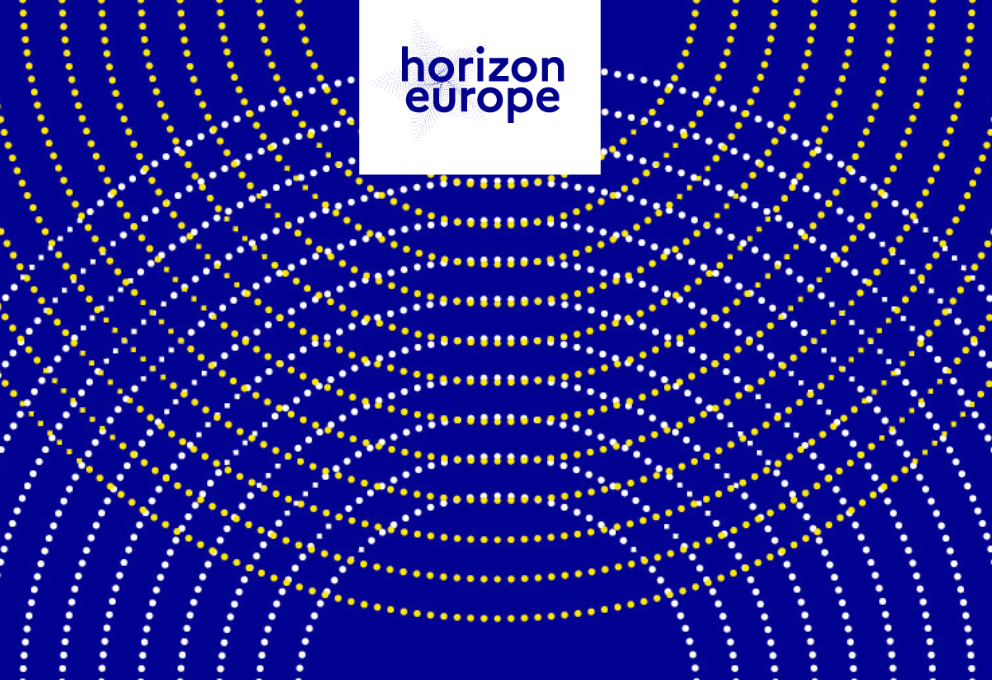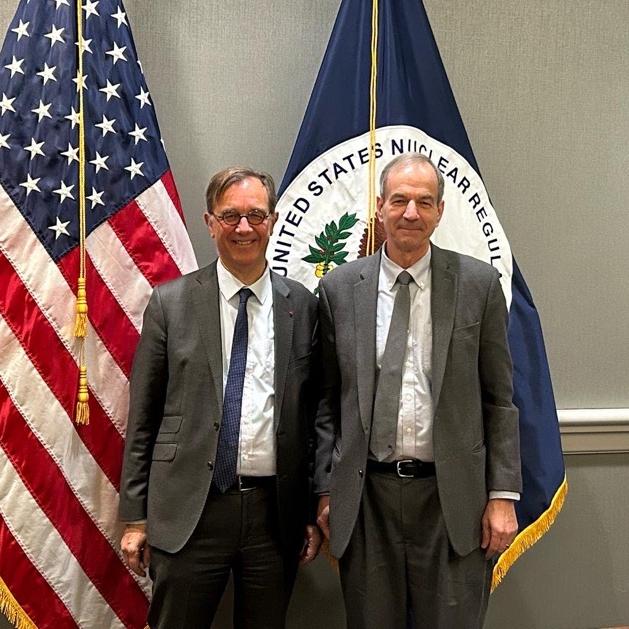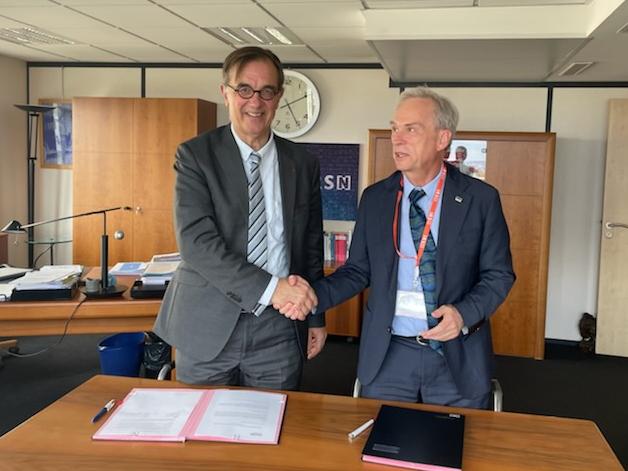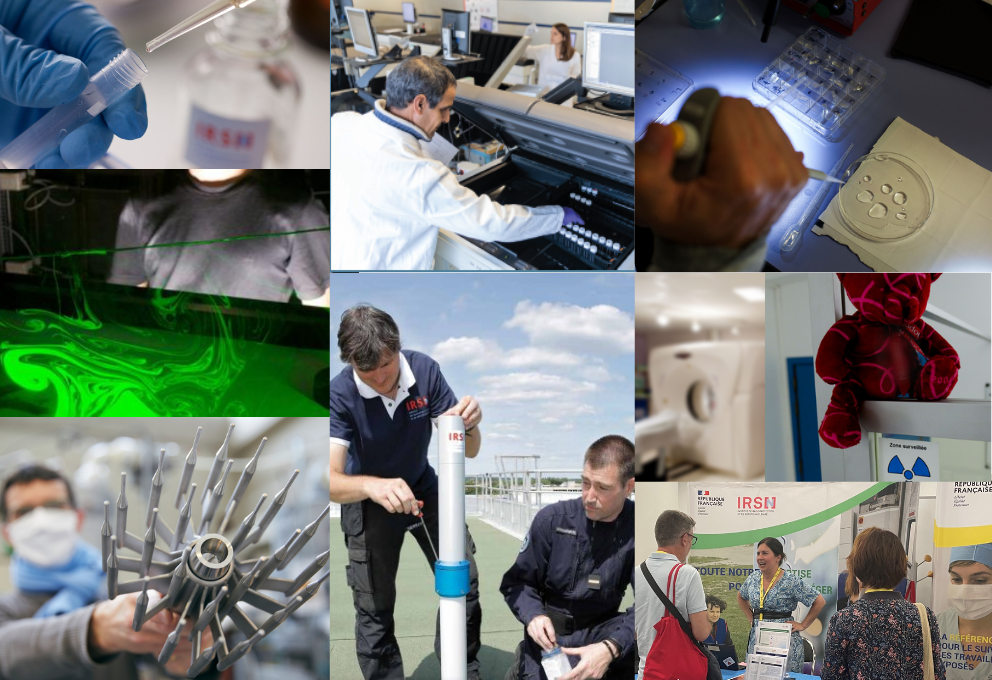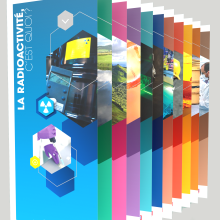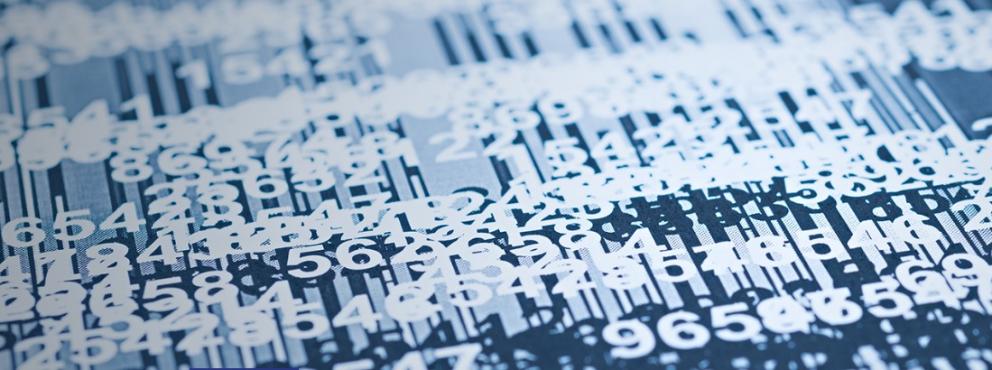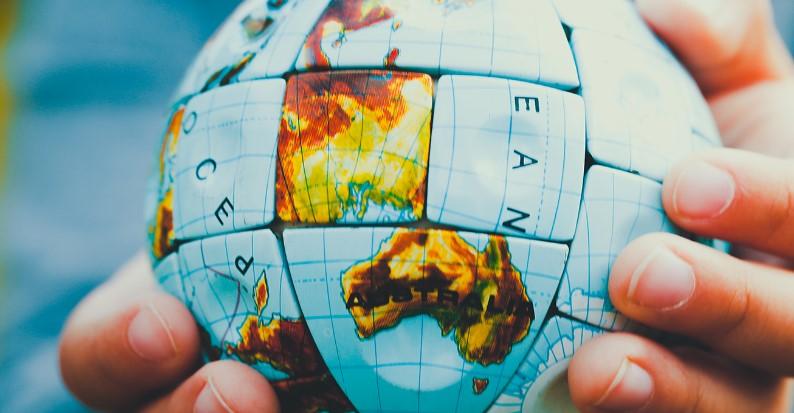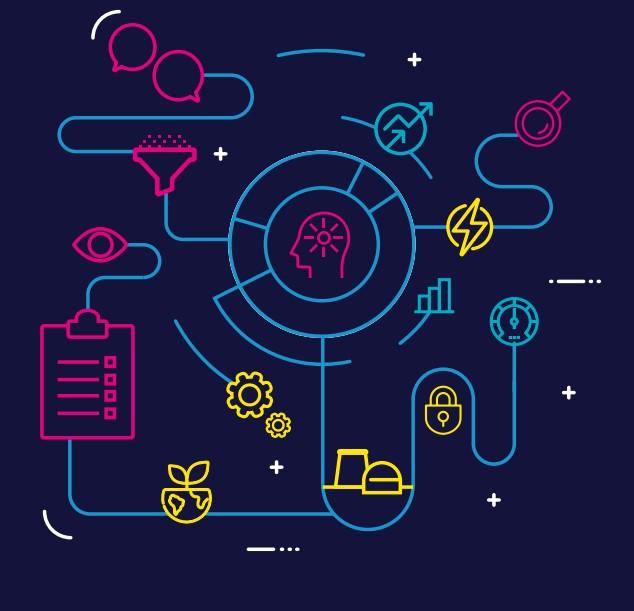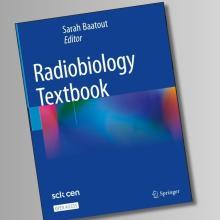
Institute for Radiation Protection and Nuclear Safety
The Institute for Radiation Protection and Nuclear Safety (IRSN) is the public expert in research on and expertise of nuclear and radiation risks.
As a french State-owned industrial and commercial establishment (EPIC), IRSN is under the joint supervision of the French ministers of the ecological transition, the Armed Forces, the energy transition, research, and health.
IRSN’s missions serving public authorities and the population are to assess, research, protect, anticipate, and share. The institute’s singularity lies in its ability to combine researchers and experts to anticipate future questions on the development and management of nuclear and radiation risks. IRSN employees are keen to publish their work and share their knowledge with society, thereby helping to improve access to information and dialog with stakeholders.
Independence, anticipation, excellence, and sharing are IRSN’s essential values in order to contribute to public nuclear safety and security, health, environment, and crisis management policies.

Special contents: Fukushima Daiichi Accident (Japan, 2011)
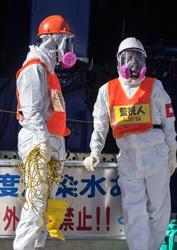
Direct access
-
The Maison Irène et Frédéric Joliot-Curie
The creation of the Maison Irène et Frédéric Joliot-Curie is part of the action plan of the Ministry of Higher Education and Research to strengthen the presence and participation of French science in the European Commission, the European Parliament and the political, economic and social players in Brussels
